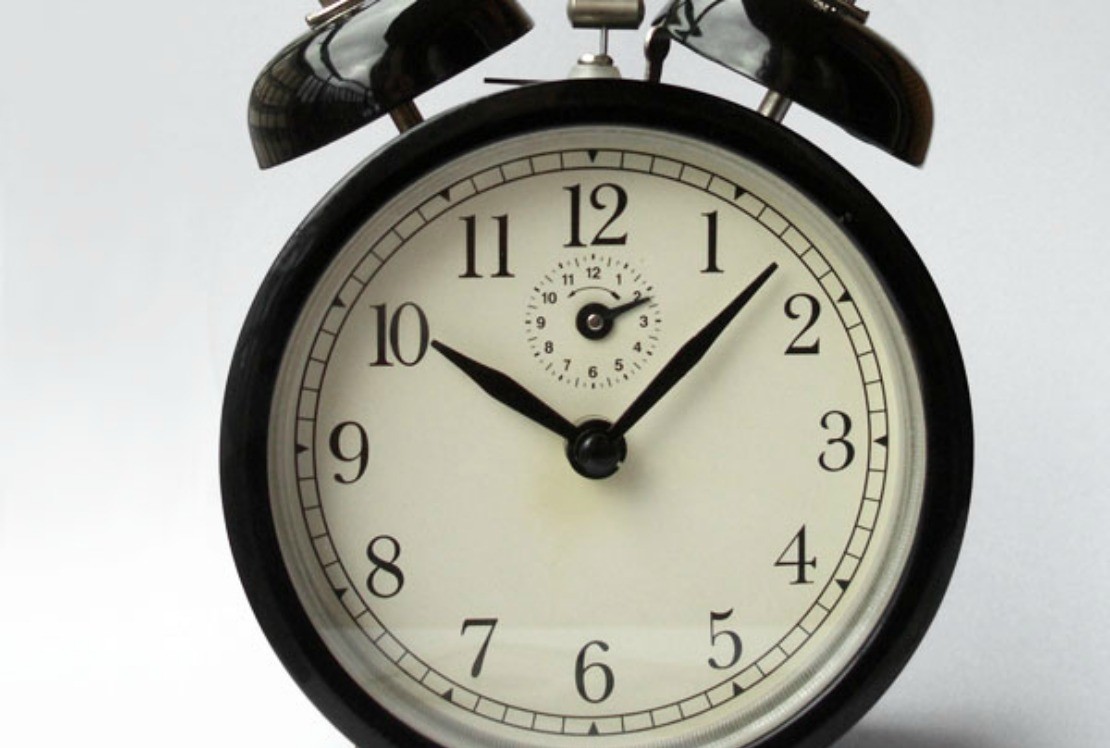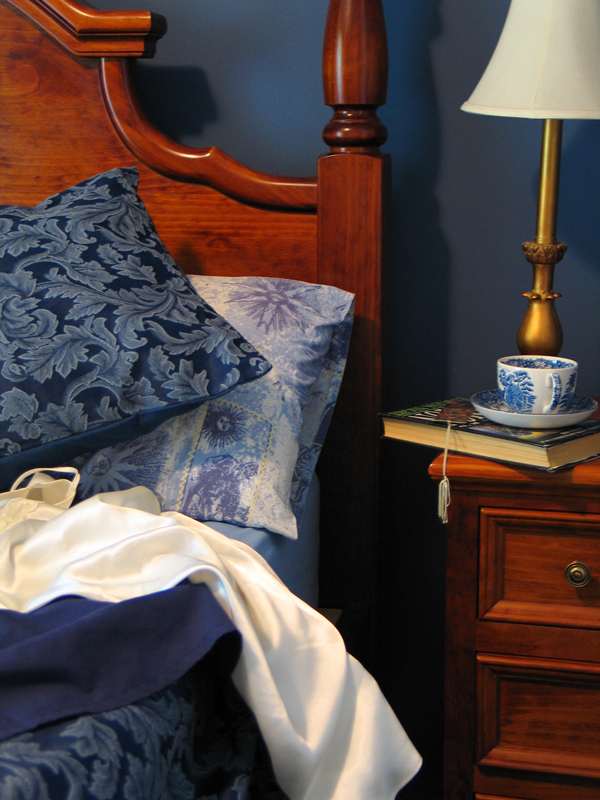
Insomnia is a Symptom
When you have had a good night’s sleep, you should wake refreshed and feel well rested. The amount of sleep that you are getting does not necessarily indicate the quality of sleep. Everyone is different when it comes to getting enough sleep. For some 5 hours of good sleep is just the right amount while others may need a full 8 hours, the important thing here is how well you have slept. Many of us experience an occasional sleepless night and that is perfectly normal, it is the ongoing poor quality of sleep that suggests we are experiencing insomnia. Over 100 million Americans alone suffer from poor quality sleep. This restless state of sleep is extremely common but it is part of the larger picture and is an indication that there is something else going on.
When you have difficulty falling asleep, even when you are feeling exhausted is a sign that you could be experiencing insomnia. Waking throughout the night and finding it hard to fall back to sleep or even waking too early in the morning may suggest that you are experiencing some level of insomnia. Lack of good sleep can cause irritability, confusion, daytime drowsiness, lack of appetite, poor concentration and depression. Medical problems may be causing the interrupted sleep and certainly an imbalance is present. Anxiety, stress and depression are the most common causes. Interestingly enough, depression can cause insomnia and reversely, insomnia can cause depression.

When trying to assess the situation it is important to take lifestyle, diet and health issues into consideration. Insomnia can be caused by asthma, allergies, poor diet, chronic pain, restless leg syndrome, sleep apnea and other more serious medical conditions.
During deep sleep our body begins to repair itself. We are not using the body to create the energy needed to do all of the things we do while awake. We are not stressing and our physical needs for creating huge amounts of energy to digest food and keep us thinking on our feet is quieted. It is at this time that our liver works to remove toxins from our bodies.
It is important to consider whether you are getting enough sleep when you are experiencing some of the symptoms related to insomnia.
Here are a few suggestions that may help you return to a healthy full night’s sleep.
First and foremost, see your family doctor if you feel there may be something a little more complicated going on. They can help you assess your current health needs and best advise you.
Let’s face it, most of us are stressed out, there is a lot going on for all of us in our daily lives. Our bodies are on high alert just to handle the hundreds of chemicals and toxins that we come in contact with every day. Time to take action! Let’s help our bodies repair and regenerate.
There may be a few things that you can do to help your body get the sound sleep it needs by just eliminating some obvious stressors like caffeine, alcohol and eating late in the day. Handling stresses as they occur by addressing and then letting them go. Take time to notice tensions building in your body, breathe deeply and release.
Some natural ways to support sleep:
- Exercise early in the day
- Get plenty of fresh air and sunlight
- Unplug and de-clutter your sleeping space
- Take a soothing herbal bath with Epsom salts and calming, relaxing herbs
- Foot baths with herbs and Epsom salts
- Massage with soothing herbal oils
- Drink herbal teas to help you relax. Drink the tea after your evening meal and a couple hours before bed.
- Here are some soothing herbs to try: Chamomile, lavender, passion flower, kava kava, oatstraw, skullcap, Valerian.
- Melatonin and 5 hydroxy tryptophane (5HTP) may help raise serotonin levels to promote restful sleep.







